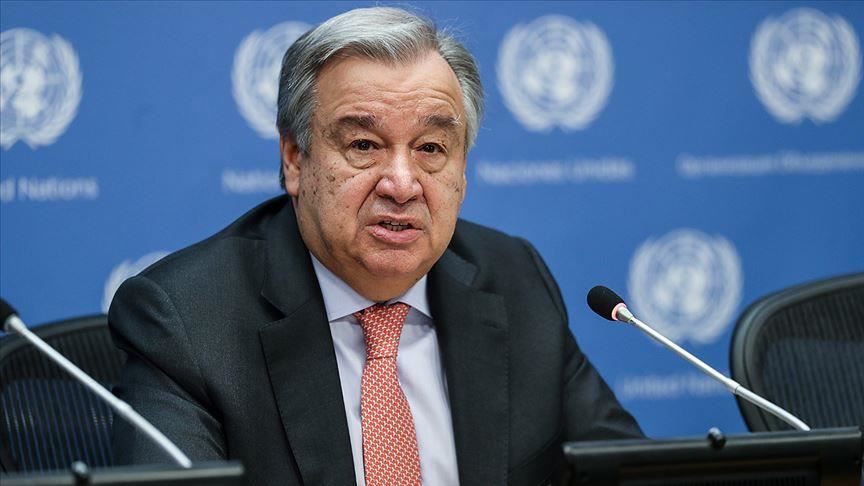By Asmau Ahmad
United Nations Secretary-General, António Guterres has urged all countries to step up efforts to ensure the world is equipped and ready to take on the health challenges to come.
Guterres made the call on Tuesday, in his message to mark the International Day of Epidemic Preparedness, marked annually December 27 to create awareness about epidemics.
The UN chief reminded that, three years ago, the virus that causes COVID-19 was first detected, noting that the costs have been catastrophic.
Since the pandemic struck, he pointed out that millions of lives had been lost, as hundreds of millions fallen ill.
“And economies have been shattered, health systems stretched, and trillions of dollars lost. Moreover, progress towards the Sustainable Development Goals (SDGs) has been “thrown off track.”
“Developing countries were often left to fend for themselves, shamefully denied the vaccines, tests or treatments they needed to protect their people,” the top UN official said.
According to him, COVID-19 will not be the last epidemic or pandemic humanity faces.
“As a global community, we must heed the harsh lessons of COVID-19 and make bold investments in pandemic preparedness, prevention and response,” he said.
He underscored the need for better surveillance “to detect and monitor viruses with epidemic potential;” resilient health systems supported by universal health coverage; and a “well-trained, well-equipped and well-paid” health workforce.
“We also need equitable access to vaccines, treatments, diagnostics and life-saving technology for all countries,” Guterres said.
He highlighted the need to “fight the scourge” of misinformation and pseudoscience with “science and fact-based information,” noting that a pandemic cannot be fought country by country.
“The world must come together. COVID-19 was a wake-up call,” the secretary-general stated.
The UN also recalled the value of a One Health approach, which fosters the integration of human, animal and plant health, as well as environmental and other relevant sectors.
He said that international cooperation and multilateralism played an important role in responding to epidemics.
The UN system, particularly the WHO, plays a pivotal role in coordinating and supporting national, regional and international efforts responding to epidemics as well as in in preventing, mitigating and addressing the impacts of infectious diseases and epidemic – with the goal of advancing the 2030 Agenda.
However, the primary role and responsibility lies with governments and relevant stakeholders in tackling global health challenges, especially women, who make up the majority of the world’s health workers.
UN Member States have committed to ensure inclusive, equal and non-discriminatory participation, with special attention to those, who are vulnerable or in vulnerable situations with the highest chance of epidemic infection.


